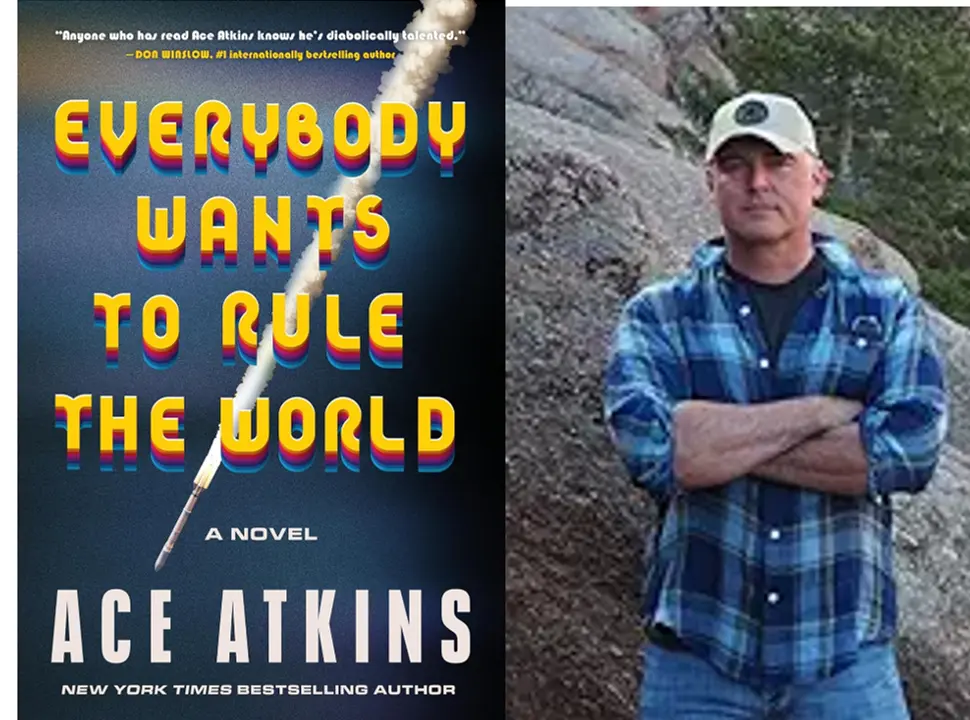“Guilty Until Innocent” is a moving legal thriller about seeking justice for a convicted murderer who may be innocent—and the personal trials that test the faith and resolve of everyone involved.
If you’re unfamiliar with Robert Whitlow, he has established his reputation with well-crafted legal thrillers that weave faith-based themes in with suspenseful narratives. Starting with his 2000 debut novel, “The List,” Whitlow’s success has grown steadily with “The Trial” (2001), which won a Christy Award and was developed into a film starring Matthew Modine, followed by “Jimmy” in 2006 and “Water’s Edge” in 2011.






